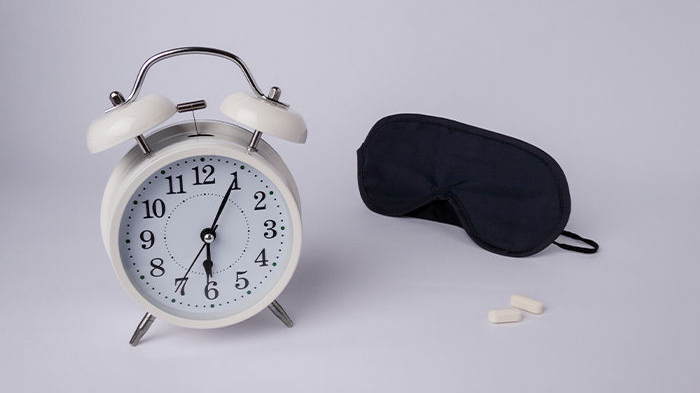Teach on PsyCourse. Become an Instructor today....Register now
Mental State Examination: A study of one's current mental state
By Pragati PrasadThe Mental State Examination (MSE) is a standardised tool that mental health professionals use to assess a patient's current mental state.
Description
The MSE is an essential component of a comprehensive psychiatric assessment because it aids in making an accurate diagnosis and developing an appropriate treatment plan.
The MSE is made up of several components that assess various aspects of the patient's mental health.
These components include:
- Appearance: The examiner evaluates the patient's physical appearance, including hygiene, grooming, and dress.
- Behavior: The examiner observes the patient's behavior during the interview, including their level of activity, agitation, and responsiveness.
- Speech: The examiner evaluates the patient's speech, including rate, tone, volume, and content.
- Mood and Affect: The examiner evaluates the patient's emotional state and how it is expressed. The mood refers to the patient's subjective experience of emotions, while affect refers to the emotional expression observed by the examiner.
- Thought Content: The examiner evaluates the patient's thoughts, including delusions, obsessions, and preoccupations.
- Thought Process: The examiner evaluates the patient's thinking patterns, including their coherence, organization, and logic.
- Perception: The examiner evaluates the patient's perception of reality, including their ability to distinguish between real and imagined stimuli.
- Cognition: The examiner evaluates the patient's cognitive abilities, including memory, attention, and concentration.
- Insight and Judgment: The examiner evaluates the patient's insight into their condition and their ability to make sound judgments.
- Suicidal and Homicidal Ideation: The examiner evaluates the patient's risk for suicide or homicide.
Mental State Examination provides critical information that aids in accurate diagnosis and the development of an appropriate treatment plan.
Diagnosis: The MSE helps in making an accurate diagnosis of mental health conditions such as depression, anxiety disorders, schizophrenia, and personality disorders.
Treatment Planning: The MSE provides information that helps in developing an appropriate treatment plan for the patient. For example, a patient with severe depression may benefit from medication and psychotherapy.
Monitoring: The MSE is used to monitor the patient's progress during treatment. It helps in evaluating the effectiveness of treatment and making appropriate modifications if necessary.
Research: The MSE is used in research studies to assess the efficacy of different treatment modalities and to identify factors that contribute to the development of mental health conditions.
View More
What you'll learn
- Overview of the Mental State Examination
- Mental state examination of historical knowledge
- Diagnosis differentiation, comorbidity, effective and accurate diagnosis, and case studies
- Intervention and Treatment Technique
- "Clinical Interview," objectives, process, strategies, and levels
View More
Key Highlights
-
Online Flexible Lectures for Students
-
Instant e-Certificate
-
Skill Oriented Course
-
Exclusive Tips
Please login to rate and review the course.
Related Courses
Featured Courses
Learners liking following courses.




-for-Depression.jpg)










